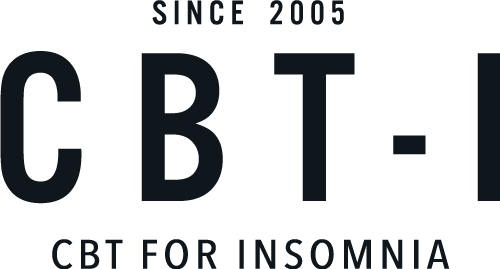CBT-I Is Efficacious for Postmenopausal Women
Insomnia is a common complaint among postmenopausal women. Although recent evidence supports the efficacy of cognitive behavioral therapy for insomnia (CBT-I) for menopausal insomnia, but it remains unclear whether treating insomnia improves daytime function in this population. A new study evaluated whether CBT-I improves daytime fatigue, energy, self-reported sleepiness, work productivity, and quality of life in postmenopausal women with insomnia.
One hundred fifty postmenopausal women with perimenopausal or postmenopausal onset or exacerbation of chronic insomnia were randomized to 3 treatment conditions: sleep hygiene education control, sleep restriction therapy (a primary component of CBT-I), or full CBT-I.
CBT-I and sleep restriction therapy produced moderate-to-large improvements in fatigue, energy, sleepiness, and work function at posttreatment and 6 months later. The CBT-I group reported better quality of life as indicated by substantial improvements in emotional wellbeing and resiliency to physical and emotional problems. Pain complaints decreased as sleep improved in all three groups, and insomnia remitters reported fewer daytime and nighttime hot flashes.
The results of this study indicate that CBT-I and sleep restriction therapy are efficacious options for postmenopausal women with chronic insomnia. Both interventions improve daytime function, quality of life, and work performance, although CBT-I produces superior results including the added benefit of improved emotional health.
